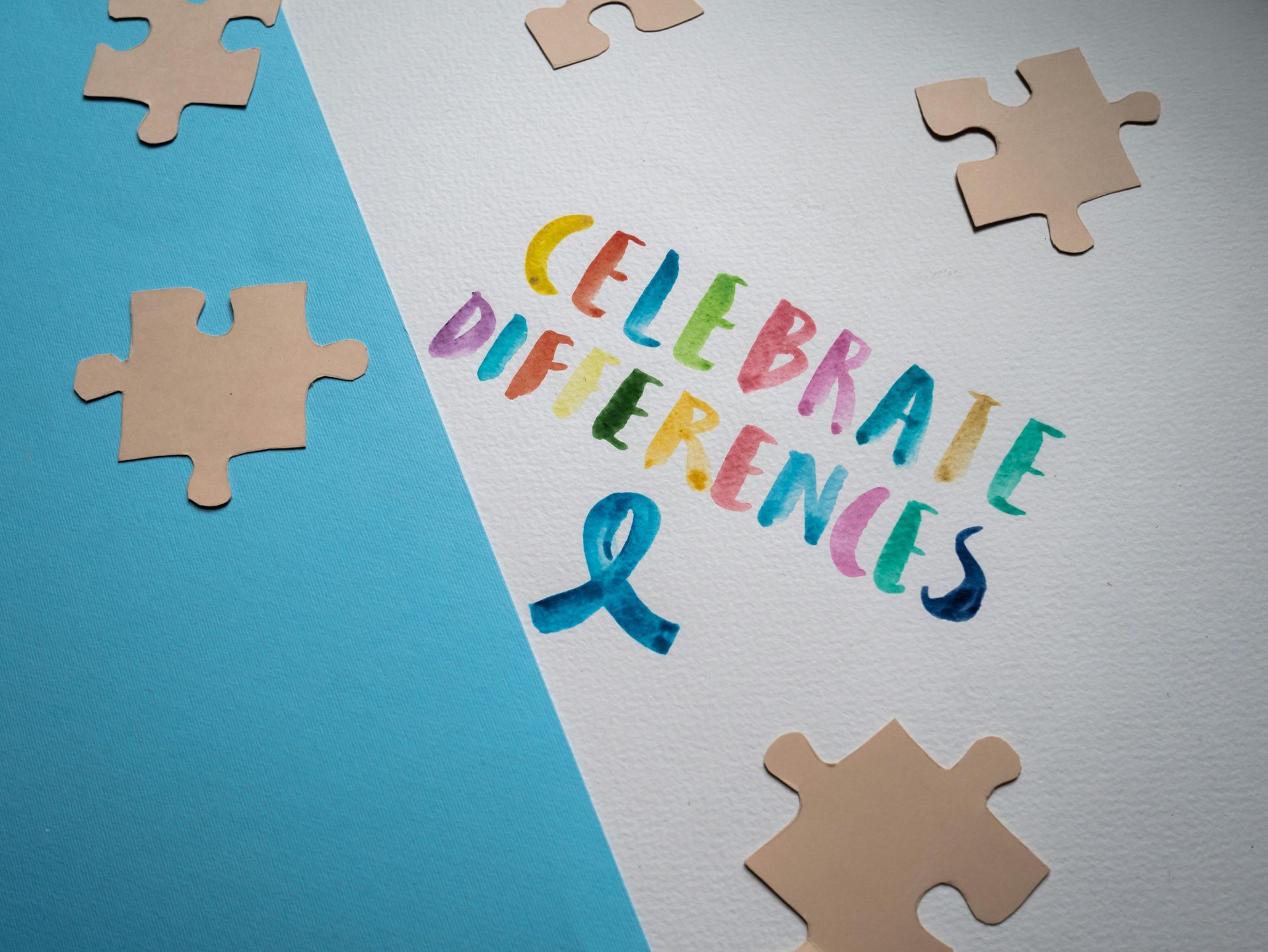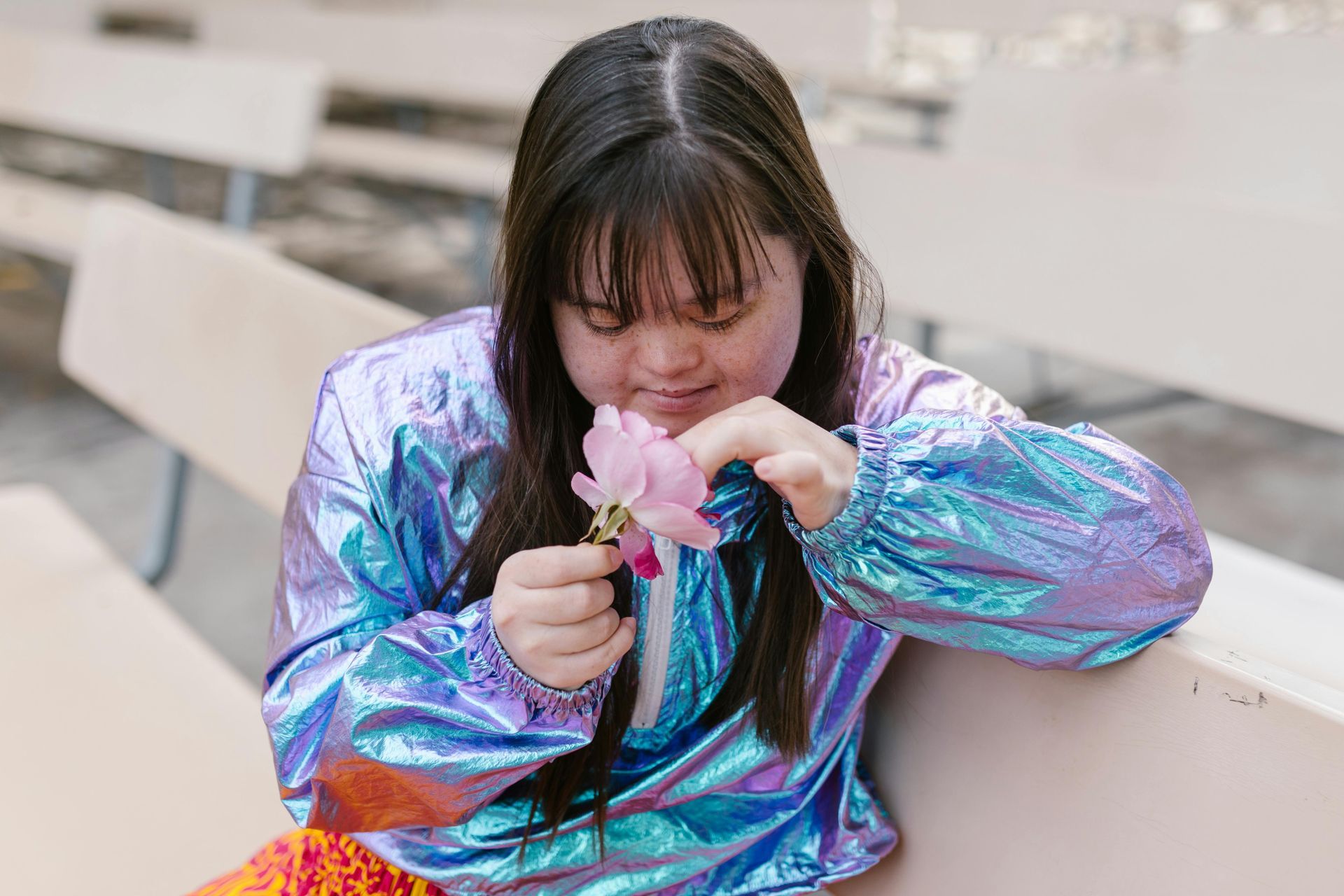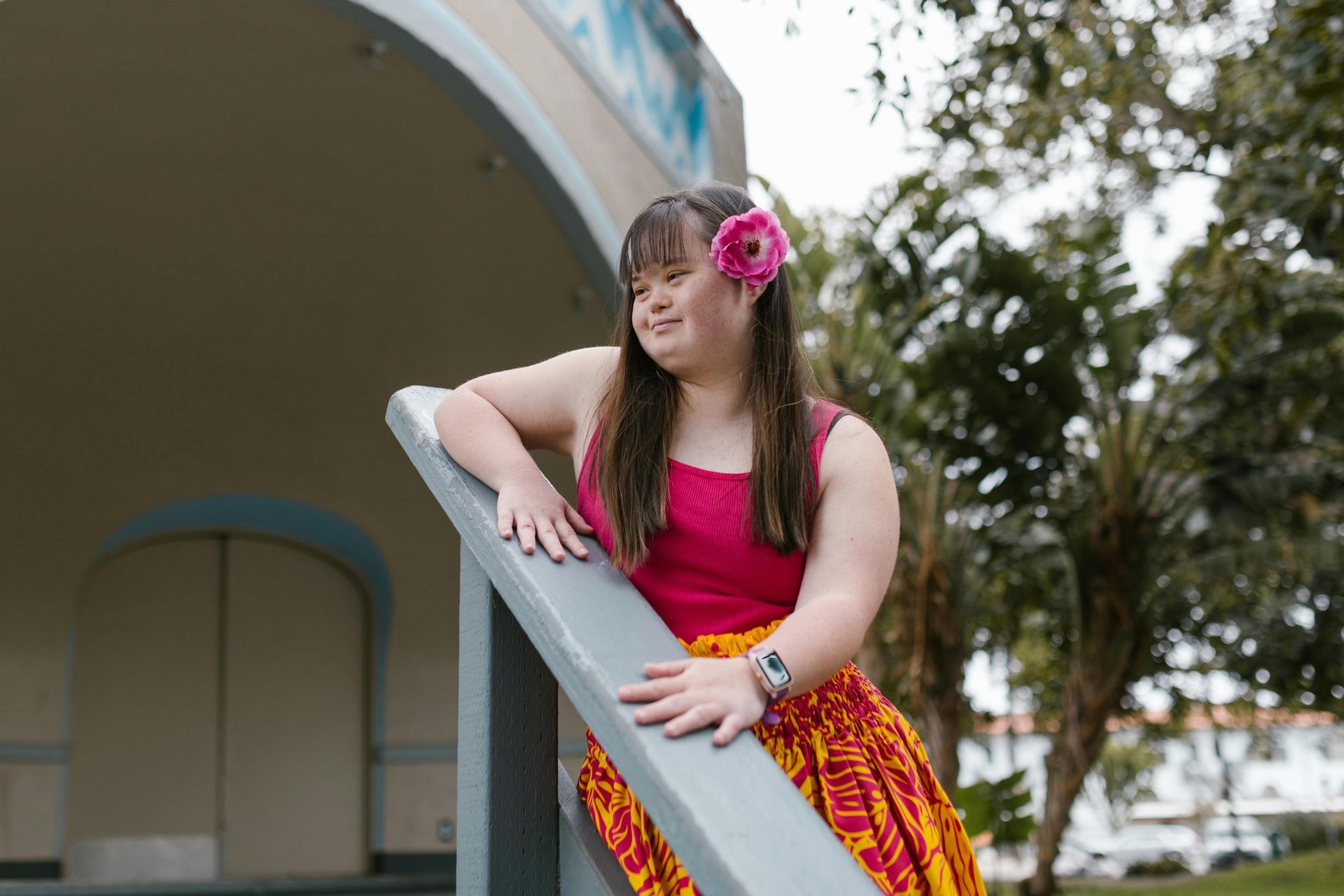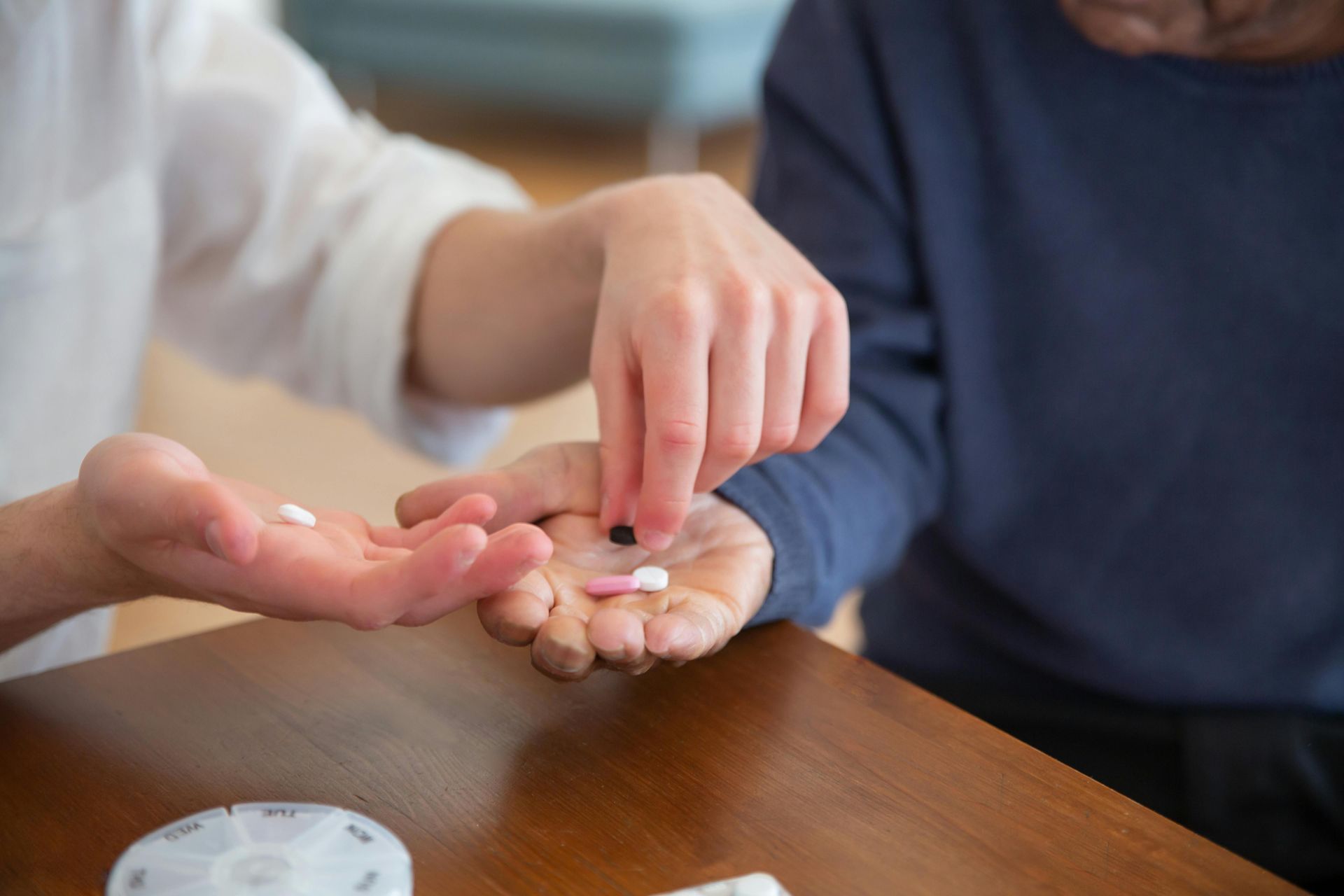We tend to create assumptions about what people with disabilities can and cannot do, and getting all stereotypical around them is just unfair.
Global Hands Inc, your developmental disabilities care in Maryland, aims to lessen the burden of people with disabilities by finding decent jobs for them, so they can earn their keep and maintain their dignity.
As providers of mental health in Baltimore, we often hear that people with disabilities are deemed less productive in the workplace and thus, are best suited for jobs that don’t require skills. This is a myth! People with disabilities uphold a range of skills, talents, and abilities just like any other human being. As a matter of fact, most of them are capable of holding a position as professionals, clerical and administrative workers, technicians, trade workers, or managers.
People with disabilities are continuously trying to make sense of their lives, and being able to hold a job position of their choice and forte means the world to them. Hence, as providers of home health care in Odenton, Maryland, we wish for them not to be stripped of this opportunity. Besides, statistics show that they:
- stay longer and are more committed to their jobs.
- don’t have much problem with compensation and require less supervision in the workplace because they are less troublesome.
- build stronger relationships with their clients, and even boost the company morale and reputation.
So, who wouldn’t want to work with these people? As an adult care in Clarksville, we can ascertain that they possess everything you need for your company to thrive.
We want to empower your loved ones with our https://globalhandsinc.com/contact-us/ personal care and other healthcare support services. Send us a message!










